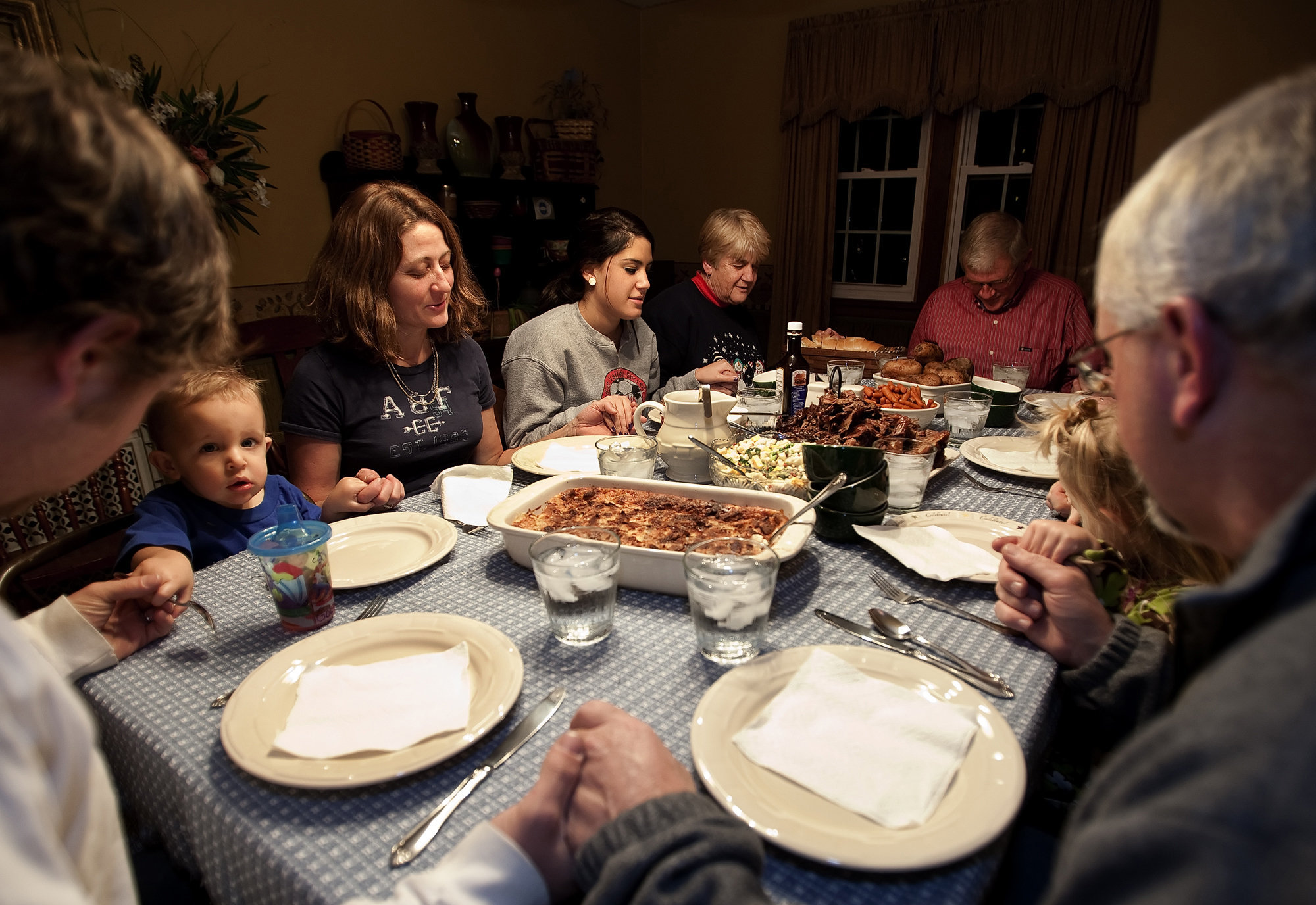The authors of a new Brookings Institution survey believe the American Dream is dead—or at least in trouble. And who’s to blame? Religious conservatives.
Progressives, on the other hand, want everyone to have equal opportunities in the name of social justice—but with a caveat: If you start out ahead in the race for the American Dream, you have to move back to whatever is deemed the “fairest” starting line.
The survey aims to identify which values Americans think should drive economic policy in light of their religious commitment. The authors define “religious progressives” as those who are dedicated to “promoting equality and fairness,” among whom, they discovered, are “religious, social, and economic liberals alike…the white working class, lower income Americans, young adults, African Americans, the religiously unaffiliated, white Catholics, and Democrats.”
And who’s left? Religious conservatives, who simply don’t fit into a neat political box. The authors are perplexed about these Americans, because they express strong social values but don’t embrace progressive policies:
One of the paradoxes of American politics: while social justice commitments largely unite religious Americans, this potentially progressive constituency does not cohere to the same degree as does the religious movement.
Many religious Americans, according to the authors, have mistakenly identified themselves as conservatives even though their commitments to social justice should align them with progressivism. They need to get with the program! They are getting in the way of a rise of religious progressivism and policies that would promote fairness and opportunity.
But instead of qualifying religious conservatives as paradoxical, the authors should be more open to a serious conversation about what equality of opportunity really means.
Obviously, everyone in America should have the ability to move up the economic ladder and improve his or her circumstances regardless of race, religion, or gender. However, Heritage’s David Azerrad draws an important distinction between “equality of opportunity” and “sameness of opportunity”:
Traditionally, equality of opportunity has meant the absence of legal impediments to getting ahead in life.… Sameness of opportunity, by contrast, requires that all should have exactly the same opportunities in life. It demands that the disadvantaged be given more opportunities (usually through government programs) and that the privileged or naturally gifted be denied certain opportunities.
Sameness of opportunity does not ensure a just society. In fact, it does the opposite. It’s one thing to say that Americans should not encounter unfair obstacles to opportunity, perhaps from lousy local public schools or racial discrimination. But it is quite another to see it as unjust that parents try to give their children a better start in life if they can.
Moreover, interesting new research from the authors’ Brookings colleague Scott Winship suggests that income and wealth differences don’t seem to be closely linked to economic opportunity and realizing the American Dream. And a Harvard-Berkeley study likewise finds big differences in opportunity in the U.S. that don’t seem to be linked to progressive concerns about starting points and economic inequality. More important, it seems, are cultural factors such as strong families and strong religious and social bonds—the kind of things those pesky religious conservatives emphasize.
If we are truly concerned about the American Dream, the answer can’t be found in the progressive economic policies that emphasize larger government and redistribution. The liberal notion of equality of opportunity really means a demeaning sameness of opportunity. Better to focus on removing the barriers to economic advancement present in government regulations and bad schools. Meanwhile, encourage a culture of charity and family stability, as religious conservatives argue. That is the way to keep the American Dream alive.
Mary Clare Reim

DanCanada A zis parabola talantilor ? A zis-o 🙂
Faina poza! Chiar acu’ 2 saptamini eram la o masa similara, jumate romani jumate de limba engleza.
La fel, tinindu-ne de mina am spus Tatal Nostru pe romaneste apoi gazda pe engleza (versul ala superb „Hallowed Be Thy Name” imi aminteste tot timpul de Iron Maiden).
Pina la religion & economics mai e o gramada de religion & politics. De exemplu mi se pare complet ilogic sa te declari crestin si sa fii de Stinga. Desi CriticAtac in dulcele lor stil academico-propagandistic si-l revendicau pe Isus cu gaselnita „a dat la saraci, da? pai inseamna ca Isus a fost comunist” 🙂
Interesant articol.
Intre noi fie spus (ca tot e noapte si trebuie sa corectez eseuri interminabile), poate la americani se poate pune semnul = intre orientarea religioasa si cea politica, ca lor le place sa simplifice pana la absurd. Generalizarea asta insa pica moarta in practica. Stiu multi ne-practicanti religiosi, ateisti si agnostici care sunt, din punct de vedere politico-social, conservatori si fac crize de isterie cand aud de progresivism (eu fiind una).